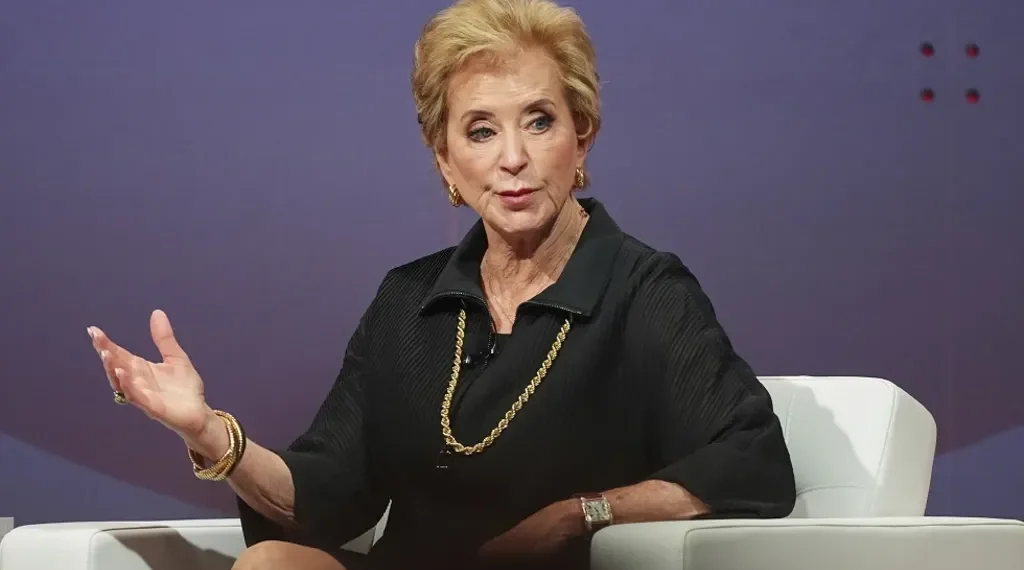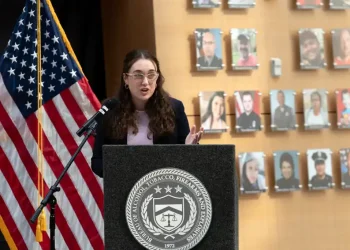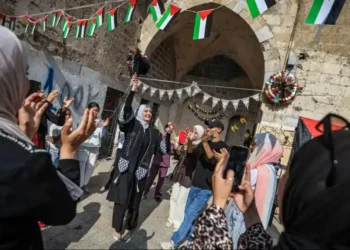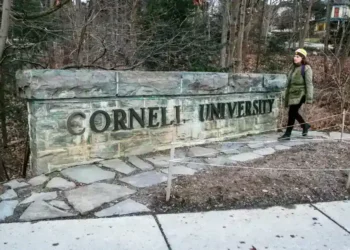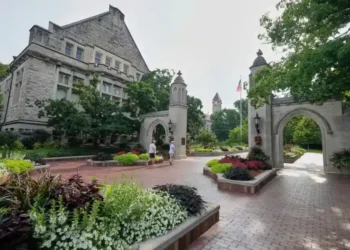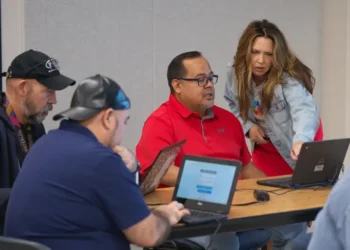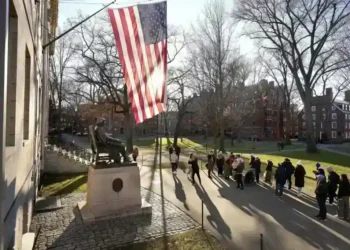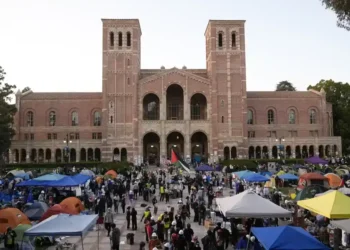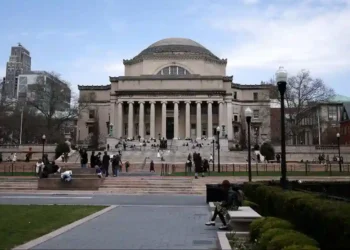Education Department Proposes Limits on Student Loan Forgiveness for Employees of Organizations With Alleged Illegal Activities
Published Time: 08-16-2025, 20:00
The U.S. Education Department has unveiled a controversial proposal that could bar teachers, nurses, social workers, and other public employees from qualifying for student loan forgiveness if their employer is found to engage in activities with a “substantial illegal purpose.” The move has sparked debate over whether the Public Service Loan Forgiveness (PSLF) program could become a tool for political influence.
The program, created in 2007, aims to encourage college graduates to pursue lower-paying public service careers. The proposed changes would give the education secretary discretion to determine eligibility, potentially affecting a range of government and nonprofit workers.
Overview of the Proposed Changes
The proposal outlines that employees of organizations involved in illegal activities may lose eligibility for PSLF. “Illegal activity” is defined broadly to include human trafficking, illegal immigration, supporting foreign terrorist organizations, and certain medical treatments, such as hormone therapy or puberty-delaying drugs for transgender minors — actions sometimes described in the proposal as “chemical castration.”
President Donald Trump ordered the overhaul in March, claiming the program was funneling taxpayer money to activist organizations that threaten national security and fail to serve the public interest.
The public will have 30 days to comment on the proposal before it can be finalized, with any approved changes scheduled to take effect in July 2026.
Current Rules vs. Proposed Restrictions
Currently, employees of government agencies and many nonprofits can have federal student loans forgiven after 10 years of qualifying payments. Eligible participants include teachers, firefighters, hospital staff, and nonprofit employees in designated areas.
Under the new proposal, employees of organizations linked to illegal activities would lose eligibility. The Education Department estimates fewer than 10 organizations would be deemed ineligible annually and does not anticipate a major reduction in the total number of borrowers receiving forgiveness.
However, the proposal acknowledges that certain sectors could be disproportionately affected, including schools, universities, healthcare providers, social work agencies, and legal services organizations. Specific illegal activities that might trigger disqualification were not fully detailed, but offering gender-affirming care in states where it is prohibited could be sufficient for exclusion.
Enforcement and Determination of Eligibility
The education secretary would have the authority to exclude organizations independently, using a “preponderance of the evidence” standard, meaning that it is more likely than not that the organization engaged in illegal activity.
If an organization is barred, employees’ future loan payments would no longer count toward forgiveness. Affected workers would need to find employment with another eligible employer to continue progress. The ban could last up to 10 years or until the organization completes a corrective action plan approved by the secretary.
Legal rulings or settlements admitting wrongdoing could also trigger exclusion from the program, providing a direct pathway for enforcement based on judicial findings.
Public Reaction and Criticism
Critics of the proposal argue that it politicizes student loan forgiveness and targets organizations based on ideological grounds. Kristin McGuire, CEO of Young Invincibles, a nonprofit advocating for loan forgiveness, described the proposal as “a political stunt designed to confuse borrowers.”
“By using a distorted and overly broad definition of ‘illegal activities,’ the Trump administration is exploiting the student loan system to attack political opponents,” McGuire said in a statement.
The proposal has fueled concerns that the PSLF program, intended to encourage public service, could instead be used to penalize organizations that support marginalized communities, including transgender youth and immigrants.
Rulemaking Process and Adjustments
The Education Department’s proposal follows a federal rulemaking process initiated in June, including a panel of experts through negotiated rulemaking. The panel was unable to reach consensus, allowing the department to present its own plan.
The proposal includes clarifications to address concerns about civil rights. Specifically, organizations would not be penalized for exercising First Amendment rights or advocating for transgender rights, provided they are not directly engaging in illegal activities under the proposal’s definitions.
The department said these adjustments aim to balance legal compliance with constitutional protections, while ensuring that PSLF funds are directed toward legitimate public service organizations.
Next Steps for Stakeholders
Public comments will be accepted for 30 days, allowing stakeholders to weigh in on the potential impact of the changes. Employees who may be affected are encouraged to monitor updates and consult with the Education Department or a financial advisor regarding loan forgiveness eligibility.
The proposed policy represents a significant shift in federal student loan administration, emphasizing legal compliance as a criterion for participation. Observers note that how the education secretary interprets “illegal activity” will be central to determining which organizations and employees are affected.
This article was rewritten by JournosNews.com based on verified reporting from trusted sources. The content has been independently reviewed, fact-checked, and edited for accuracy, neutrality, tone, and global readability in accordance with Google News and AdSense standards.
All opinions, quotes, or statements from contributors, experts, or sourced organizations do not necessarily reflect the views of JournosNews.com. JournosNews.com maintains full editorial independence from any external funders, sponsors, or organizations.
Stay informed with JournosNews.com — your trusted source for verified global reporting and in-depth analysis. Follow us on Google News, BlueSky, and X for real-time updates.
